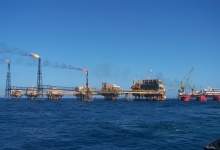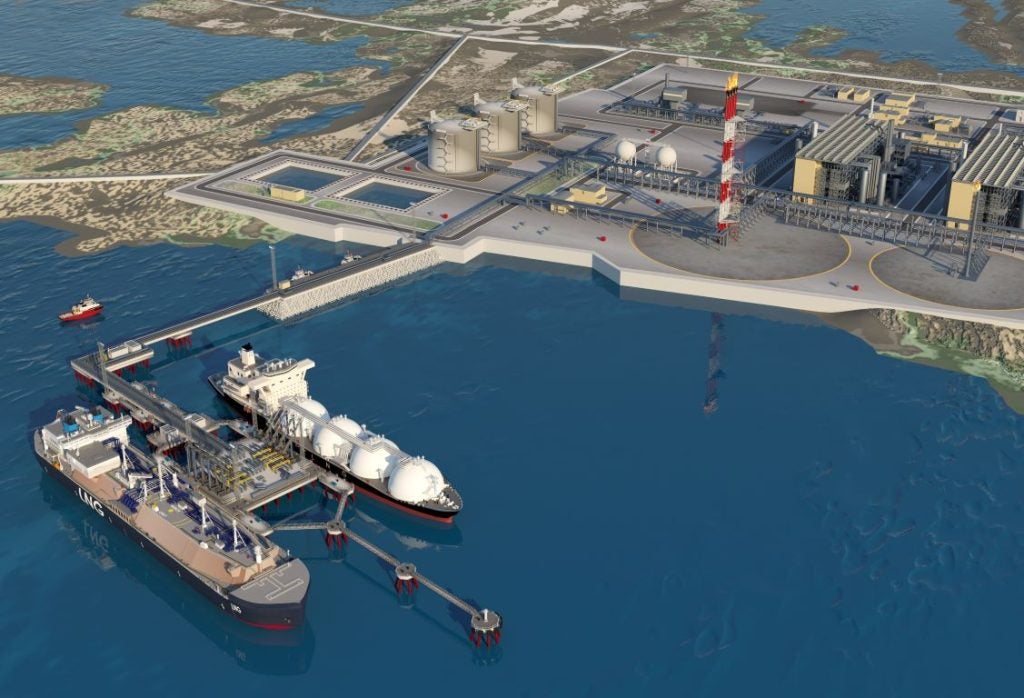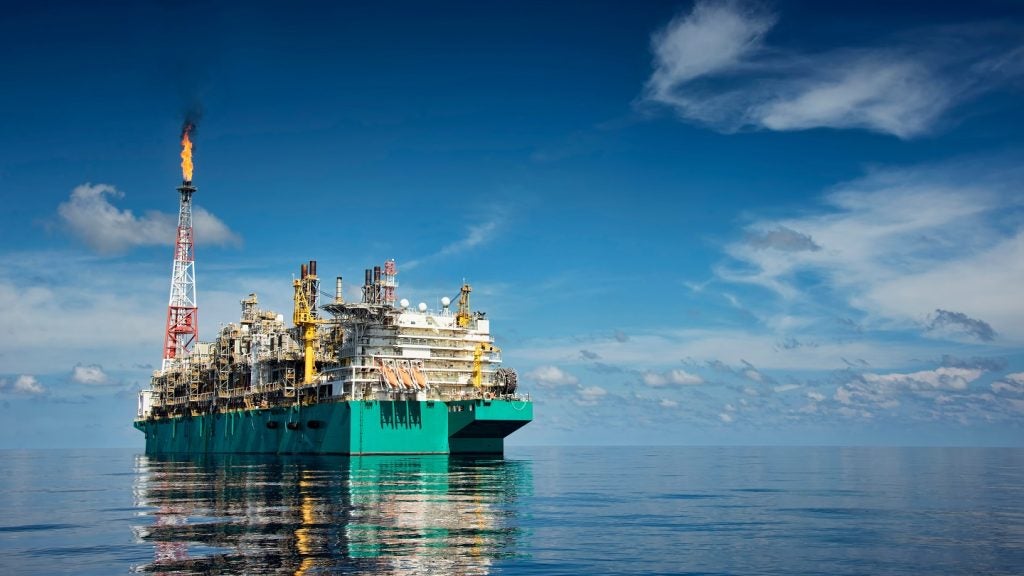

"Workers must be protected when they raise concerns about unsafe working conditions, and they must have the right to stop working if they fear they could be injured or killed," US Representative George Miller says on the Committee on Education & the Workforce website in support of a bill he introduced in 2010 to create a whistleblower protection law for workers in the offshore oil and gas industry working in the Gulf of Mexico.
Miller introduced the Offshore Oil and Gas Worker Whistleblower Protection Act in response to the BP Deepwater Horizon disaster, which killed 11 members of staff working on the Macondo well.
The bill, modelled on other modern whistleblower statutes, is designed to protect an employee who reports to an employer, or a federal or state government that he or she reasonably believes the employer is violating the Outer Continental Shelf Lands Act (OCSLA) from being discharged or otherwise discriminated against. The bill also offers other kinds of protection, such as making an aggrieved employee eligible for reinstatement and establishing a process for an employee to appeal an employer’s retaliation.
Miller has highlighted the fact that Deepwater Horizon workers had safety concerns prior to the devastating explosion in 2010, which saw 4.9 million barrels of oil flood into the Gulf of Mexico.
See Also:
Miller wrote: "Jason Anderson, who died when the rig exploded, told both his wife and father that working conditions were not safe on the Deepwater Horizon. According to his widow Shelley’s testimony before the Senate’s Commerce, Science and Transportation committee, Jason was reluctant to talk about these concerns while on the rig and told her: ‘I can’t talk about it now. The walls are too thin.’"
How well do you really know your competitors?
Access the most comprehensive Company Profiles on the market, powered by GlobalData. Save hours of research. Gain competitive edge.

Thank you!
Your download email will arrive shortly
Not ready to buy yet? Download a free sample
We are confident about the unique quality of our Company Profiles. However, we want you to make the most beneficial decision for your business, so we offer a free sample that you can download by submitting the below form
By GlobalDataNo one will ever know, but it is possible if Anderson did not fear losing his job or facing other reprisals he may have spoken up about his concerns.
Protect whistelblowers – protect the wider community
The Piper Alpha disaster in 1988 shocked the world, and changed offshore safety management and legislation in the North Sea beyond recognition.
Four years on from the Gulf of Mexico oil disaster, the bill, which was reintroduced by Miller in 2011 and 2013, has still not reached the Senate, though it was passed through the House of Representatives with a vote of 315 – 93. The creation of a whistleblower law was one of the key recommendations outlined in a report by the National Commission on the BP Deepwater Horizon Oil Spill and Offshore Drilling.
Unlike in the UK, US employees in most industries have little protection against being fired due to the principle of ’employment at will’, which means an employer can sack an employee for any reason or no reason at all, according to Steve Herman from the law firm Herman, Herman & Katz.
Whistleblower protection in the US is usually reserved for federal government and those deemed to be defrauding the state out of money. But as the bill points out, there is a case to protect whistleblowers by law in the offshore oil and gas industry in order to protect the wider economy – tourism and the fishing industry are two areas that are affected – and the environment around the Gulf of Mexico.
"What the bill is saying is that drilling, particularly after the BP oil incident, is recognised to be a potential harmful activity not just in respect to workers but to the environment and the ripple effects to the economy, so it makes sense for them to have a protective class," says Herman.
The industry’s culture of silence
However, even if the law was enacted it may not have any impact on the industry’s traditionally closed culture. Although there are now more avenues for workers to report violations, speaking out about critical negligence, even while being protected by law, may still prove problematic for offshore workers.
"Frankly, even with whistleblower protection statutes, it is rare for individuals to come forward to report wrongdoing, and usually they get fired or demoted anyway," says Cornell University law professor Jeff Rachlinski.
However, Herman points out a whistleblower law would be a "step in the right direction".
"There are lots of reasons why the ordinary market forces would act as a deterrent [to whistleblowing], so I think this kind of tips the balance at least a little bit the other way and might give an employee that sees an unsafe practise a little bit more confidence to speak up," Herman says.
Looking comparatively to the UK, it also doesn’t offer whistleblower protection but there are much more stringent labour laws, under which employers must go through a lengthy process before they can dismiss an employee. Tommy Campbell, a regional officer for the Unite union, says the introduction of a whistleblower law would have the union’s support.
"There is a need to give full protection against victimisation and /or dismissal, otherwise employees, understandably, will want to retain anonymity and may well not come forward given the culture of fear that exists in the offshore and onshore industries," Campbell says.
Looking back – could a whistelblower have prevented disaster?
If Miller’s whistleblower law, or an alternative, had been enacted pre-2010 would it have made any difference to the outcome of Deepwater Horizon? Gulf Restoration Network coastal resiliency organiser Jonathan Henderson is sceptical it would have prevented the disaster altogether.
"Would a revelation like that have prompted the Feds to come storming out to the rig to immediately shut down the massively expensive operation? Would a whistleblower act give the Feds the authority to take rapid, decisive, costly action based on unconfirmed information? Would the Feds even have the will to do that?" he asks.
Herman adds: "Hopefully if you had a bill like this in place it might have tipped the scales the other way and would have avoided the whole disaster. Could I say that would have happened? No, but it would have been a step in the right direction."
Advances in modern technology are bringing new health and safety opportunities to the offshore industry.
A law protecting whistleblowers and workers performing clean-up activities on the Outer Continental Shelf might not change the culture of the industry overnight but, faced with the prospect of litigation, companies could begin to scrutinise practices and standards themselves.
Slow progress in Congress
According to US legislative tracking website Govtrack.us, the Offshore Oil and Gas Worker Whistleblower Protection Act has a 1% chance of being enacted. The reason for its slow progress through Congress is unknown but it could be down to industry lobbying on a number of issues, including the fact that offshore workers are not demanding the bill themselves, or because the climate for legislation to go forward is very polarised between Democrats and Republicans at the moment.
If the bill doesn’t pass, Henderson says it will be "just another failure by Congress to implement any of a long list of recommendations by the National Commission on the BP Deepwater Horizon Oil Spill and Offshore Drilling."
The American Petroleum Institute was approached for comment on this issue but failed to respond.
In the pharmaceutical industry, where whistleblowers are protected and actually sometimes receive huge sums of money, many unethical and illegal practises have been exposed. Like the pharmaceutical industry, the offshore oil and gas industry’s operations, though they may be out of sight and out of mind for most people, can have far-reaching effects.
It is known that, in the case of Deepwater Horizon, BP employees had concerns that they raised but were effectively overruled on. If a law could provide more support for those workers to voice their concerns it is surely worth enacting.
As Representative George Miller said: "Workers themselves are in the best position to discover safety hazards. You can’t have inspectors at all facilities at all times. These workers are enforcement agencies’ eyes and ears when it comes to safety compliance."


.gif)




